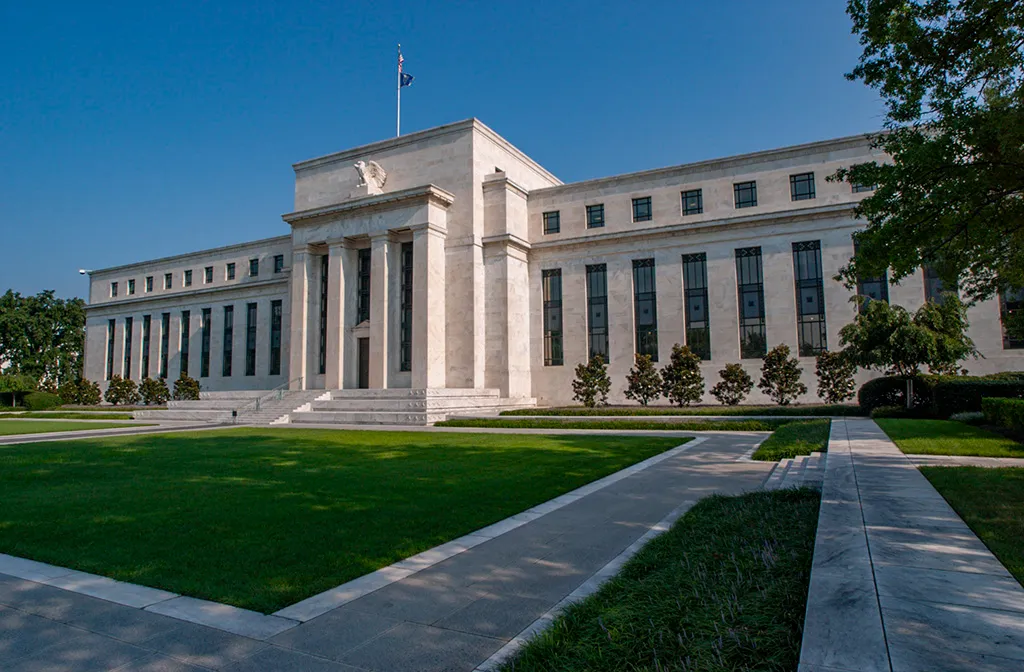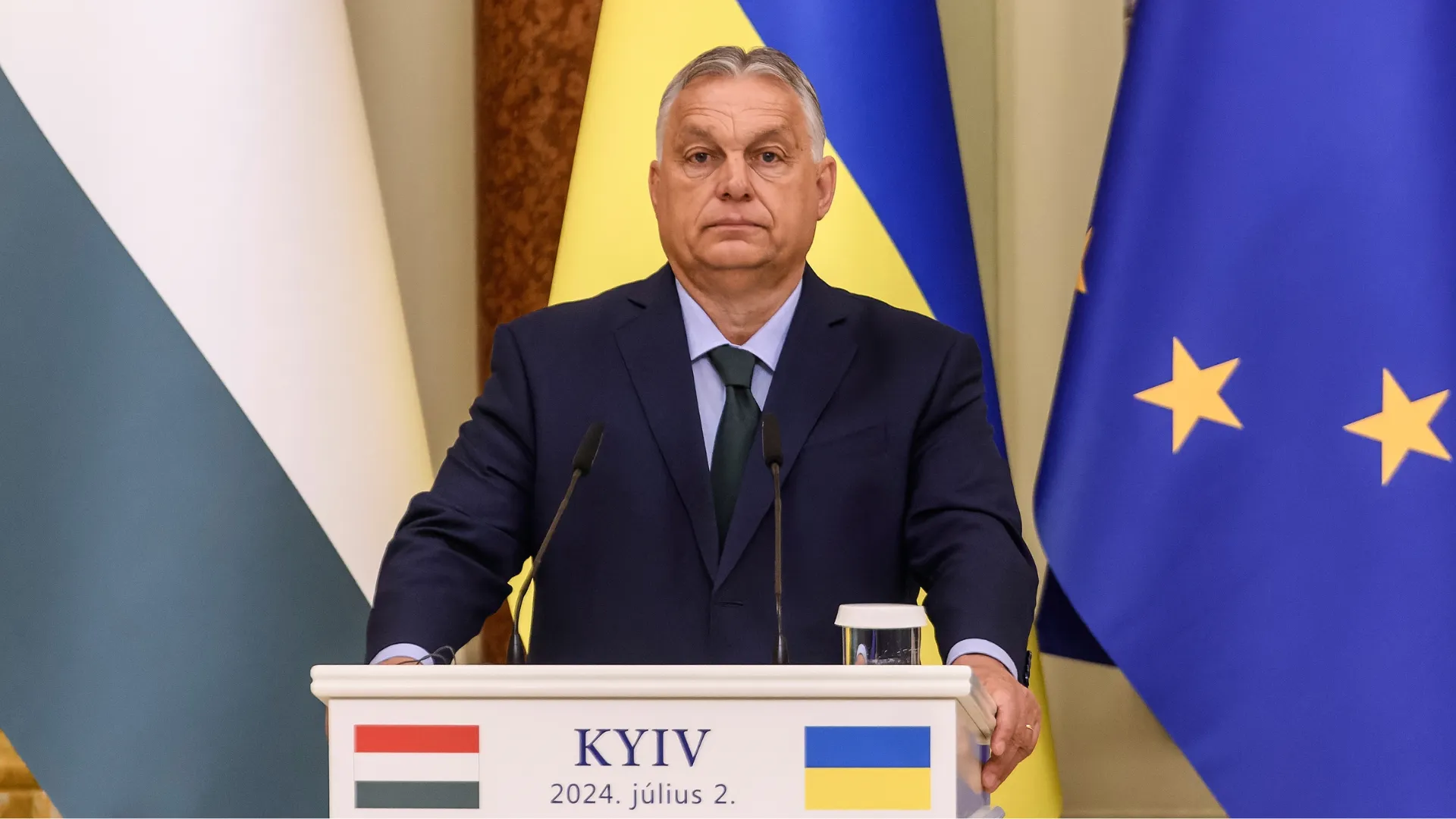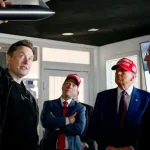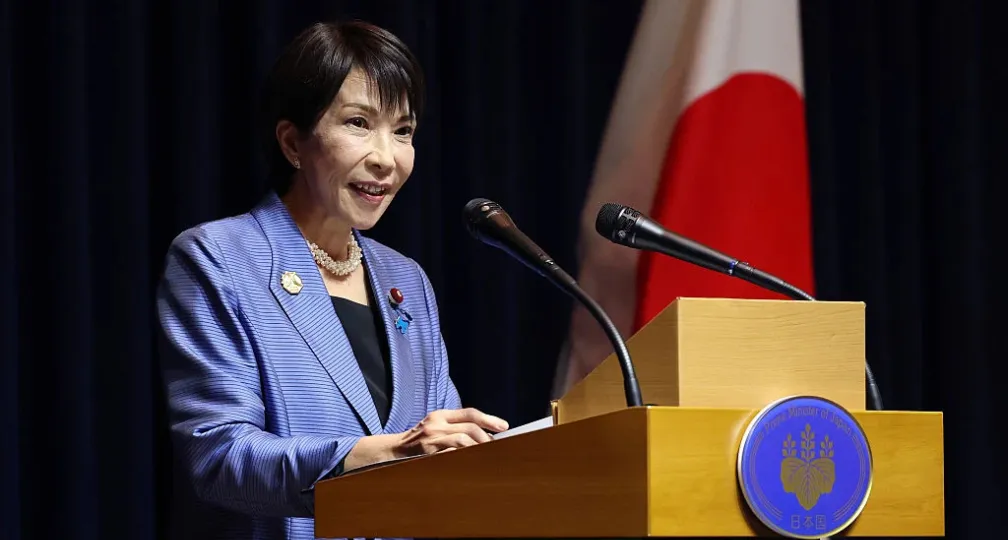The prospects for economic security under Trump or Harris
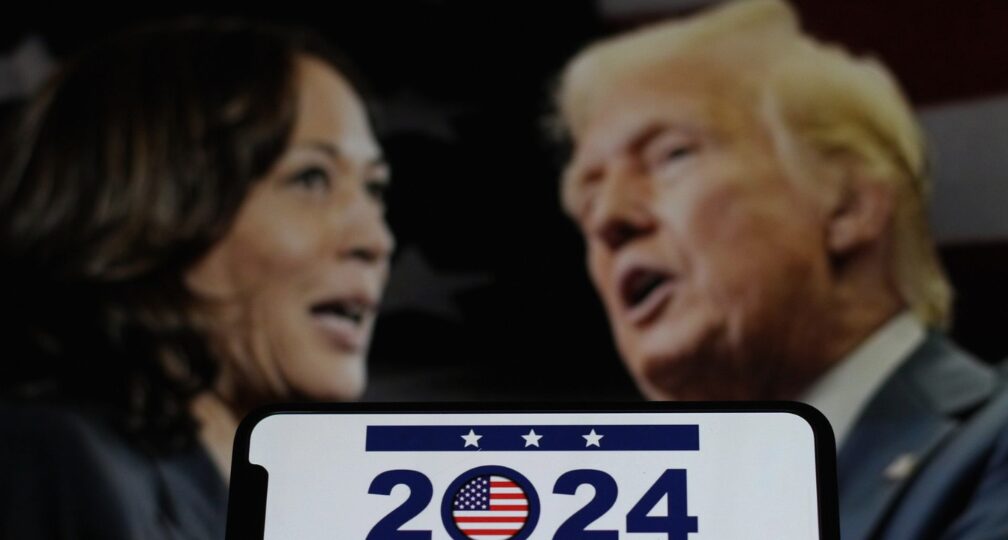
Crucial to each candidate’s efforts to appeal to voters are their economic security strategies, especially in battleground states.
It goes without saying that the contest is fought over Electoral College votes. No matter how much support a candidate gains in their party’s strongholds, this does not change the number of Electoral College votes they receive, so both parties are focusing heavily on the swing states where the outcome could go either way.
Among these, especially significant is the Rust Belt: Pennsylvania, Michigan and Wisconsin, states once known for heavy industries such as coal and steel that are now in decline. Key to Trump’s win in the 2016 election was his victory in all three of these states, once part of the so-called blue wall (that is, Democratic strongholds). In the 2020 election, these flipped, going to Biden, who campaigned for a “foreign policy for the middle class” and has strong ties to labor unions.
In this year’s election, the outcome in Pennsylvania, Michigan and Wisconsin is likely to be decisive once again.
Winning the Rust Belt
In the book “Hillbilly Elegy,” Republican vice presidential nominee J.D. Vance vividly portrays the plight of former factory and steelworkers who, having lost their jobs, have been forced to take low-paid service jobs, struggling to make ends meet and without much support from either the federal or state governments.
Despite the presence of major cities like Philadelphia and of people with stable jobs in the Rust Belt, this story captures the grievances of many of its voters. In this region, the margins separating candidates are so tight that a shift of less than 10,000 votes could change the outcome of the entire race, as seen in the previous two election cycles.
In Michigan in 2016, out of a total of 4.5 million voters, a shift of just over 5,000 votes could have changed the result in favor of Hillary Rodham Clinton. Similarly, in Wisconsin in 2020, a shift of 10,000 votes out of 3.2 million voters would have handed Trump a victory in the state over Biden. As a result, the demands of labor unions and former heavy industry workers, who represent a large voting bloc in this part of the country, tend to be disproportionately reflected in campaign promises.
So, what do Harris or Trump need to do to win the Rust Belt? At the least, criticize free trade. There is a strong perception that free trade has not only caused factories to relocate to Mexico and China, where production costs are lower and efficiency is higher, but has led American businesses to shut down because of competition from foreign imports.
As a result, both campaigns are prioritizing national economic interests over free trade and promising to stand up to China’s unfair practices.
The return of ‘tariff man’
However, the Republican and Democratic strategies differ. Trump is reaffirming his administration’s economic policies, particularly a trade regime based on tariffs, including unrealistic promises of a 10% tariff on all imports and 60% tariff on goods from China.
Trump claims that exporters bear the cost of tariffs, however, as many have already pointed out, it is consumers who suffer, as high tariffs lead to inflation — and all the while, Trump criticizes the Biden administration for failing to control inflation. Nonetheless, the Republican campaign — which sees protecting domestic industries and applying economic pressure on other countries to achieve trade surpluses as a “victory” — is unlikely to abandon its policies.
Tariffs are viewed as an offensive and not just a defensive economic tool. Trump has said that they would be used to retaliate against countries that place tariffs or export restrictions on American goods. While there are some cases in which retaliatory tariffs are allowed under the World Trade Organization’s dispute resolution mechanism and anti-dumping measures, Trump says that he would not bother respecting such processes.
Furthermore, the Republican nominee has proposed stripping China of its “most favored nation” status and supporting onshoring (returning production bases to the U.S.) to strengthen supply chains — though it is not clear how this would be achieved.
In the 1980s, political pressure was applied to correct the United States’ trade imbalance with Japan, an ally. However, China is not an American ally and the U.S. lacks similar leverage — hence Trump’s aggressive stance. In general, the Republican campaign’s trade policy is more focused on reducing imports from all countries and cutting the trade deficit than on economic security per se.
Legislating economic security
In the other camp, Harris has had to quickly build an election strategy from scratch, leaving little time to refine her policies. As a result, the policy platform presented at the August Democratic convention, where Harris was nominated, still contained many references to a “Biden second term,” showing that policy is not her campaign’s primary focus. In fact, it seems likely that Harris will generally continue Biden’s work.
After serving as California attorney general, Harris was a senator for less than one term before becoming vice president, and therefore lacks adequate political experience in fields like foreign policy and trade. Also, her voting record as a senator was not very consistent.
However, if she wins, her background as an attorney could be significant when it comes to economic security policy, which in the U.S. is based on several legal mechanisms. These include measures derived from the International Emergency Economic Powers Act, through which the executive branch has the power to regulate economic activities. The government’s strategy is to align the latter with national security by using the law to constrain corporate behavior.
If Harris is elected, legal restrictions could increase, potentially diminishing the U.S. market’s vitality. This scenario could also apply to Trump’s tariff-centered policies, but a legally constrained market could signify the U.S. losing the economic freedom that has historically been a driver of its growth.
Regardless of who wins, American economic security policies are expected to become more protectionist, making corporate activity less fervent. This suggests that the U.S., once a free trade champion, will take a back seat and focus on its economic security.
A lot of uncertainty remains. How will Japan, mired in uncertainty after its own general election, face this changing America? What impact will a more inward-looking U.S. have on the international economic order? Will China adopt a similar economic security strategy in response? Will America’s allies and partners align with its policies?
What is certain is that this election will present Japan’s economy — and the global order — with increasingly challenging questions.
(Photo Credit: Shutterstock)
[Note] This article was posted to the Japan Times on November 5, 2024:
https://www.japantimes.co.jp/commentary/2024/11/05/world/us-economic-security-trump-harris-scenarios/

Geoeconomic Briefing
Geoeconomic Briefing is a series featuring researchers at the IOG focused on Japan’s challenges in that field. It also provides analyses of the state of the world and trade risks, as well as technological and industrial structures (Editor-in-chief: Dr. Kazuto Suzuki, Director, Institute of Geoeconomics (IOG); Professor, The University of Tokyo).
Disclaimer: The opinions expressed in Geoeconomic Briefing do not necessarily reflect those of the International House of Japan, Asia Pacific Initiative (API), the Institute of Geoeconomics (IOG) or any other organizations to which the author belongs.
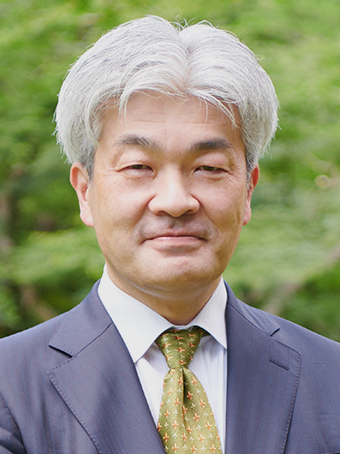

Director & Group Head, Economic Security
Kazuto Suzuki is Professor of Science and Technology Policy at the Graduate School of Public Policy at the University of Tokyo, Japan. He graduated from the Department of International Relations, Ritsumeikan University, and received his Ph.D. from Sussex European Institute, University of Sussex, England. He has worked for the Fondation pour la recherche stratégique in Paris, France as an assistant researcher, as an Associate Professor at the University of Tsukuba from 2000 to 2008, and served as Professor of International Politics at Hokkaido University until 2020. He also spent one year at the School of Public and International Affairs at Princeton University from 2012 to 2013 as a visiting researcher. He served as an expert in the Panel of Experts for Iranian Sanction Committee under the United Nations Security Council from 2013 to July 2015. He has been the President of the Japan Association of International Security and Trade. [Concurrent Position] Professor, Graduate School of Public Policy, The University of Tokyo
View Profile-
 Fed-Treasury Coordination as Economic Security Policy2026.02.13
Fed-Treasury Coordination as Economic Security Policy2026.02.13 -
 Challenges for Japan During the U.S.-China ‘Truce’2026.02.12
Challenges for Japan During the U.S.-China ‘Truce’2026.02.12 -
 India and EU Sign Mother of All Deals2026.02.09
India and EU Sign Mother of All Deals2026.02.09 -
 Orbán in the Public Eye: Anti-Ukraine Argument for Delegitimising Brussels2026.02.04
Orbán in the Public Eye: Anti-Ukraine Argument for Delegitimising Brussels2026.02.04 -
 Trump, Takaichi and Japan’s Strategic Crossroads2026.02.03
Trump, Takaichi and Japan’s Strategic Crossroads2026.02.03
 Oil, Debt, and Dollars: The Geoeconomics of Venezuela2026.01.07
Oil, Debt, and Dollars: The Geoeconomics of Venezuela2026.01.07 Orbán in the Public Eye: Anti-Ukraine Argument for Delegitimising Brussels2026.02.04
Orbán in the Public Eye: Anti-Ukraine Argument for Delegitimising Brussels2026.02.04 When Is a Tariff Threat Not a Tariff Threat?2026.01.29
When Is a Tariff Threat Not a Tariff Threat?2026.01.29 A Looming Crisis in U.S. Science and Technology: The Case of NASA’s Science Budget2025.10.08
A Looming Crisis in U.S. Science and Technology: The Case of NASA’s Science Budget2025.10.08 Navigating Uncertainty in U.S. Space Policy: Decoding Elon Musk’s Influence2025.04.09
Navigating Uncertainty in U.S. Space Policy: Decoding Elon Musk’s Influence2025.04.09


